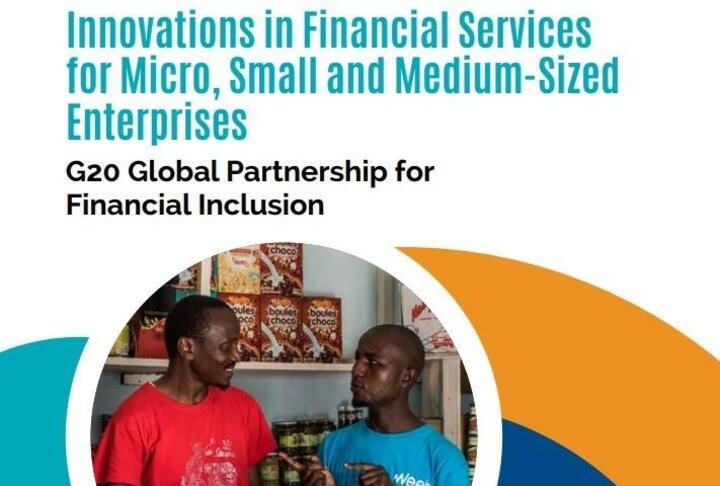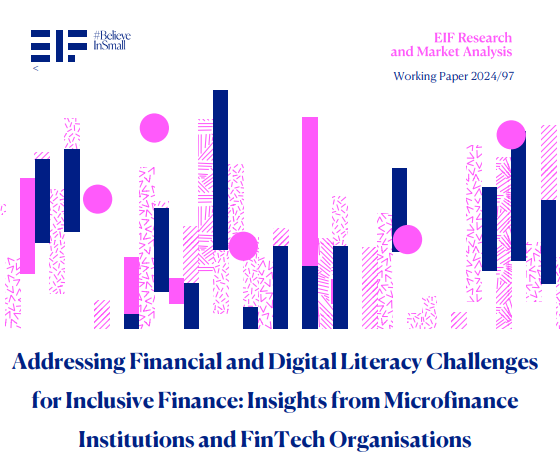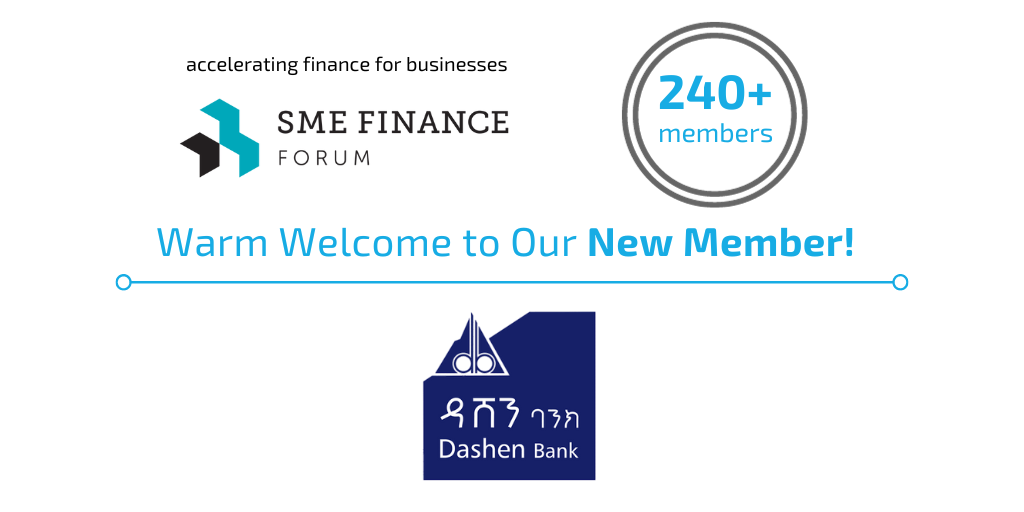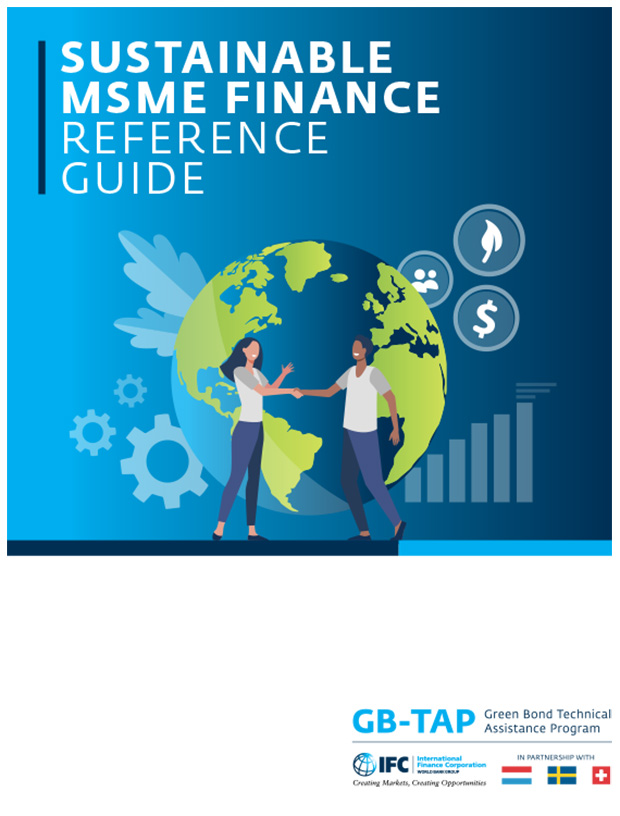Digitizing the MSME ecosystem through e-commerce, the gig economy, and digital MSME business services has an impact on the digital-transformation of small businesses. These digital advancements have reshaped the landscape for MSMEs and enabled new opportunities for growth and expansion. The rise of digitally enabled new solutions for MSMEs, such as the digitization of business processes, digital credit scoring and risk assessment utilizing alternative data, digital payments, insurtech, digital banking, and the concept of open banking/open finance, has advanced MSME access to financial services.
There are digitally enabled financing products and services which provide various options such as factoring, reverse factoring, supply chain/accounts receivable financing, secured revolving lines of credit, merchant receivables financing, peer-to-peer (P2P)/ marketplace lending, equity crowdfunding, embedded finance, and blockchain finance via tokenized assets. Governments, regulators, and public institutions have a role in fostering MSME finance, including incentives, risk-sharing facilities, guarantee schemes, government lending programs, securitization of MSME lending portfolios, and other measures to support small businesses financially.
While innovations in MSME financial services represent a huge opportunity in increasing access to and the usage of finance, they come with risks and challenges that need to be mitigated and addressed through a supportive regulatory framework that encourages responsible and inclusive digital financial practices. There is a need for a balanced and proportionate regulatory approach that supports fintech innovation while safeguarding against cyber threats, money laundering, and fraud. Ideally, policy reforms would include harmonizing regulations across jurisdictions and promoting international cooperation in sharing knowledge of successful innovations.
This report was produced by the International Finance Corporation (IFC), in collaboration with the SME Finance Forum for the G20 Global Partnership for Financial Inclusion (GPFI) under the Indian Presidency of the G20. The team was led by Ghada Teima (IFC) in collaboration with Matthew Gamser (SME Finance Forum), and comprised of John Owens, Ashutosh Tandon, and Fangfang Jiang (all IFC). The team is grateful for the guidance and leadership of the G20 GPFI co-chairs and would like to acknowledge the contributions of all G20 GPFI Implementing and Affiliated Partners1 as well as Wendy Werner, Matthew Saal, Qamar Saleem, Mehdi Cherkaoui, Adel Meer and Natalia Kaur (all IFC), and Marie-Sarah Chataing and Hourn Thy (SME Finance Forum) for their oversight of the Case Database. The report presents various cases and examples highlighting policy and regulatory approaches and private sector initiatives in G20 and non-G20 countries. The report is not intended to be an analysis or evaluation of any model. Cases are presented for illustrative purposes only and do not constitute an endorsement by IFC or the G20 GPFI.










